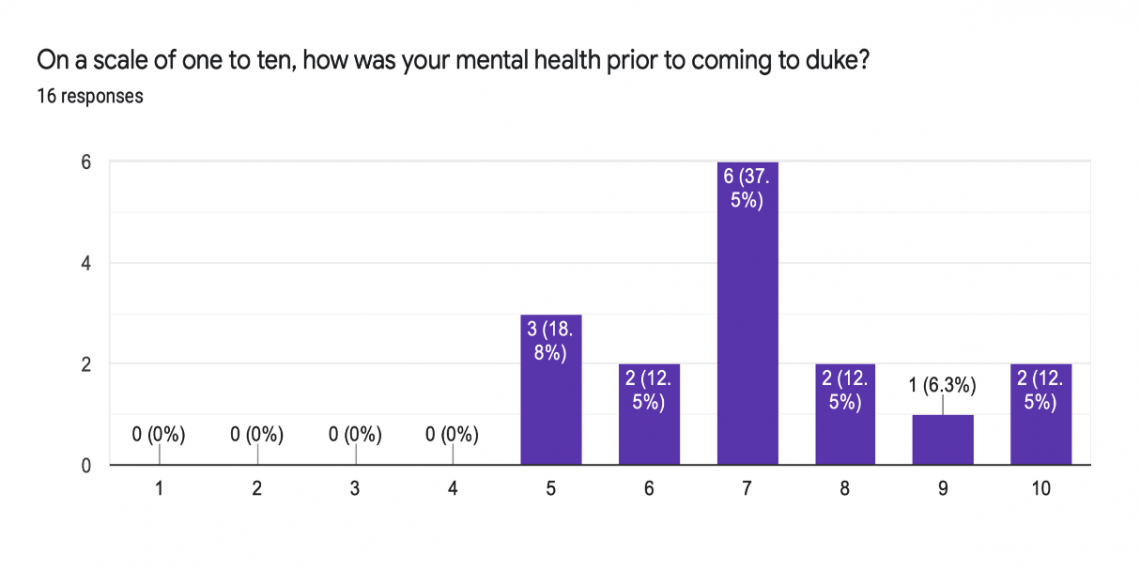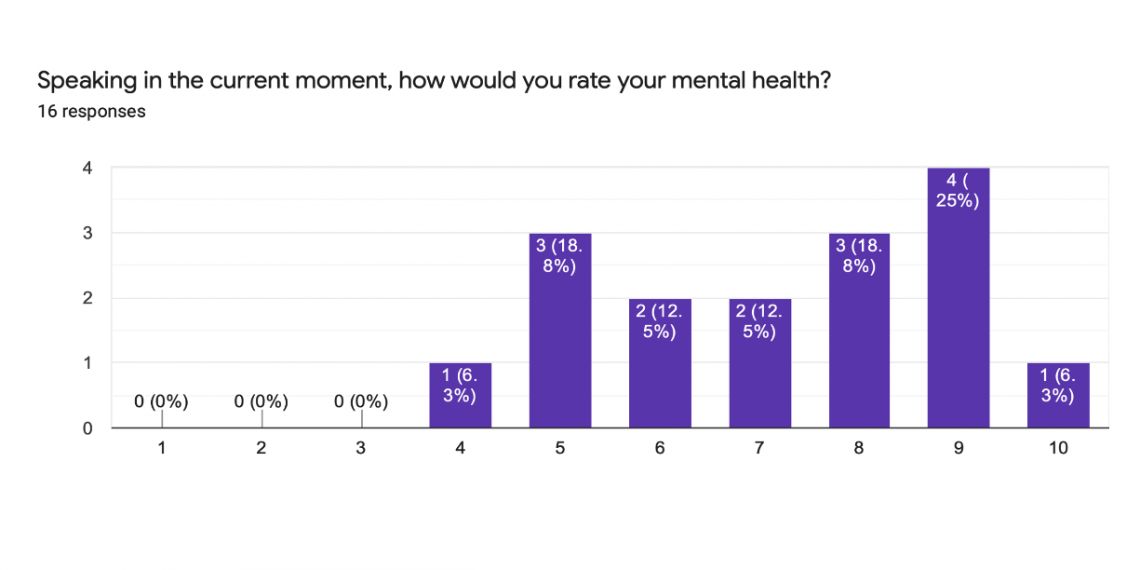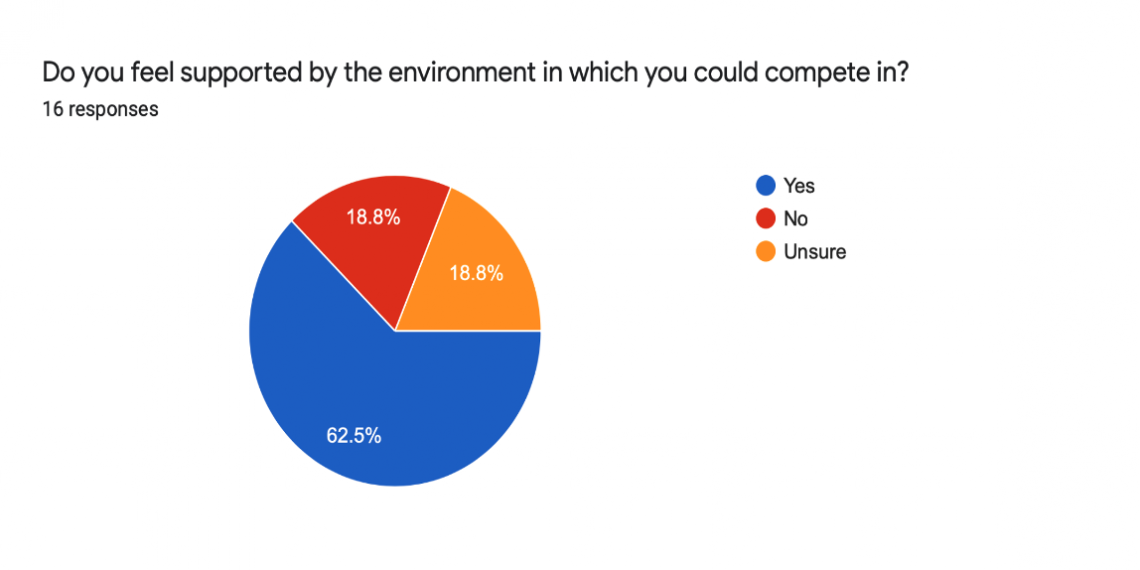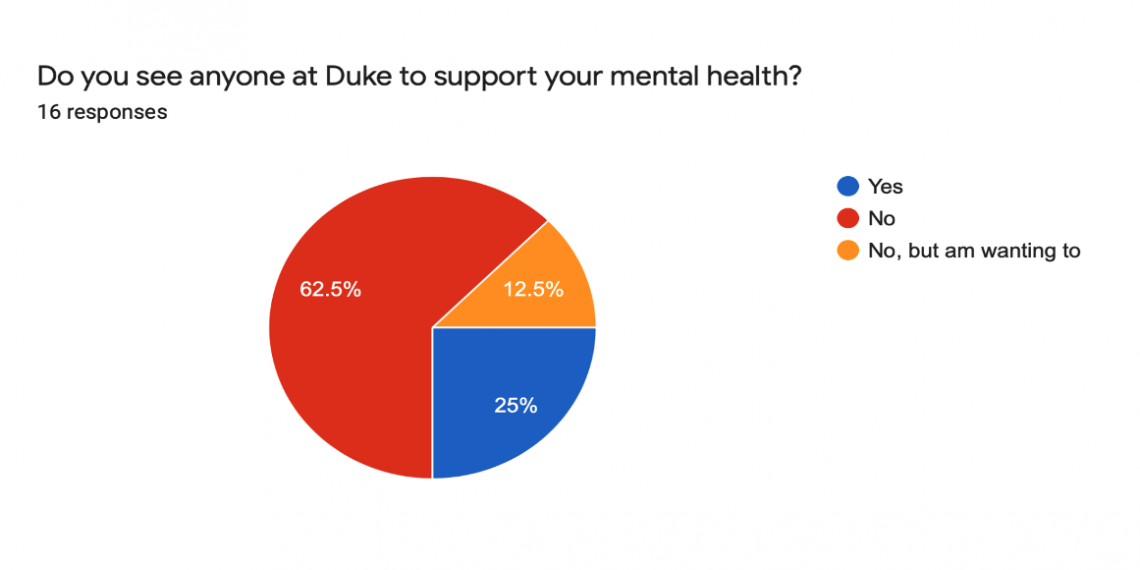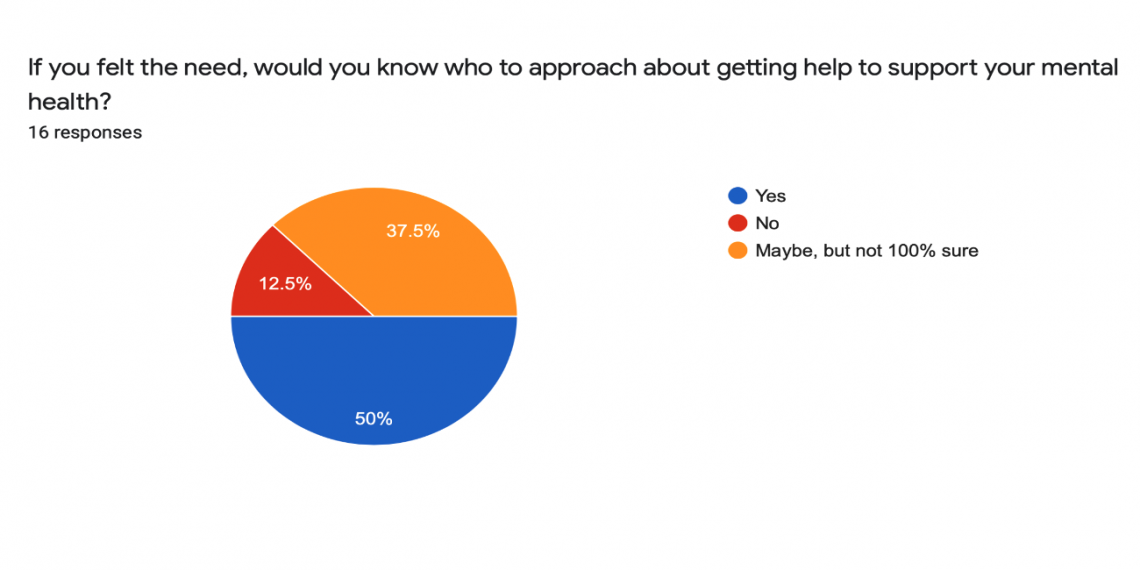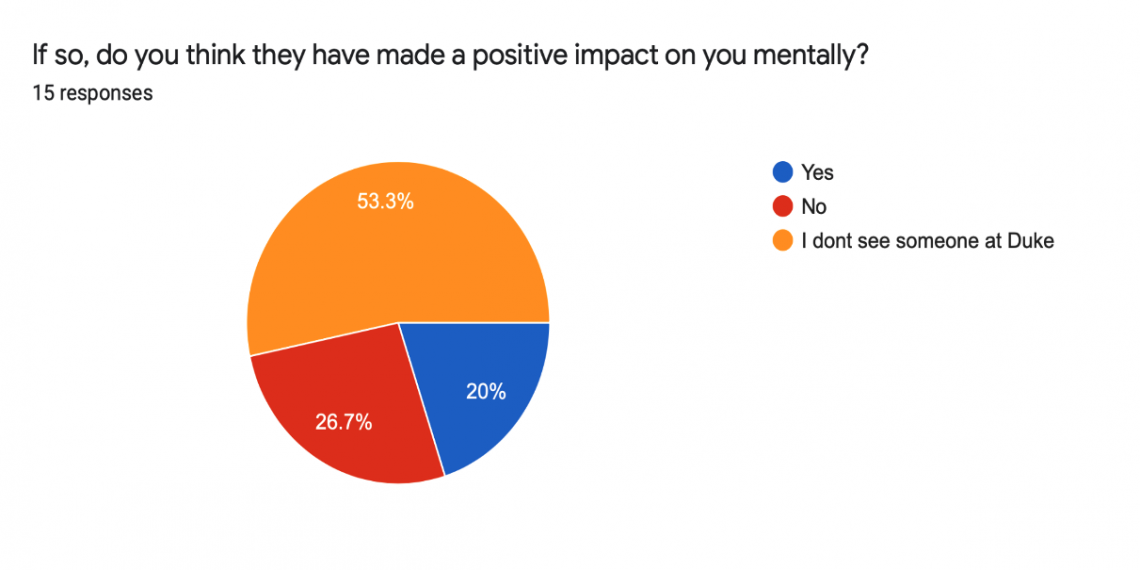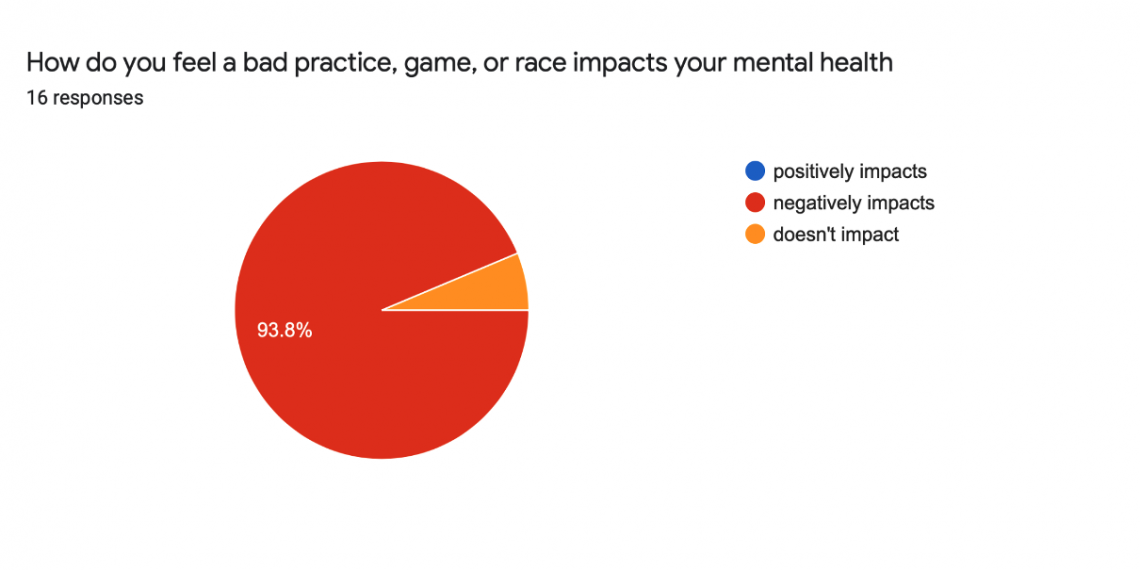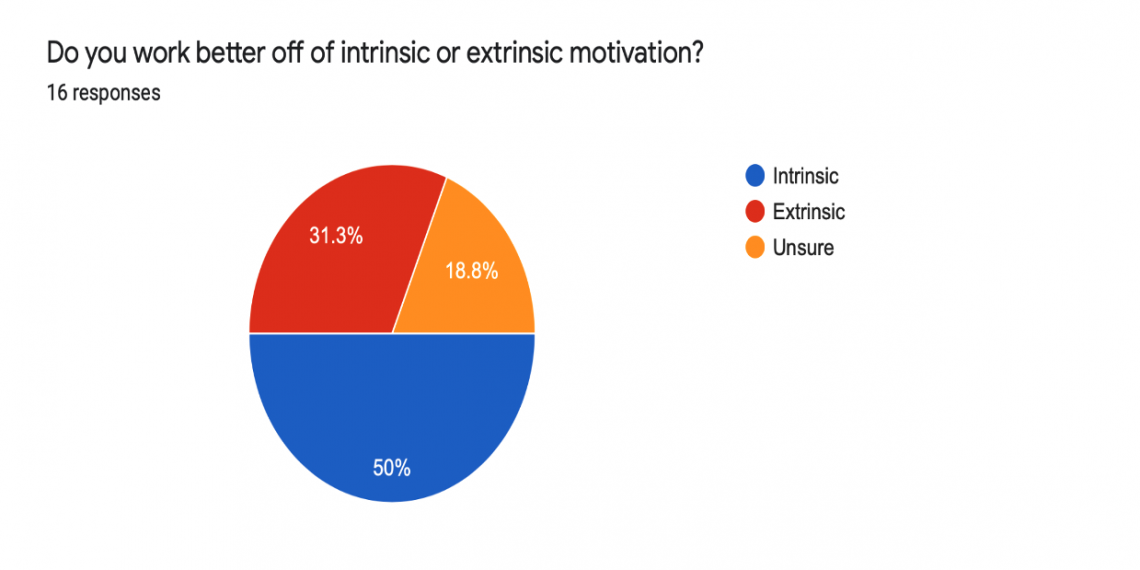By Meredith Hutchinson, Hannah Steven, BJ Johnson, Mir Hagans, Chloe Schaefgen
When it comes to athletes of all levels, we traditionally think of physical health as the top priority. Coaches want their players in peak physical shape at all times so that they can perform to the best of their ability–yet, many fail to think about the effects that mental health has on an athlete’s game. With collegiate sports in particular, athletes are balancing school, social life, and this time-consuming and physically draining job of playing a sport. College athletes are going through all of this while dealing with many other personal issues at such a young age. This overload of activities at the same time can cause a person to “crash,” and collegiate sports don’t take this into account. They are so focused on what the athlete can do for the college and how much money they can make that they often disregard what they can do for the athlete.
How COVID Changed the Game of Mental Health in Athletics
In the summer of 2021, USA gymnast Simone Biles made the brave decision to stand up in front of the world and say that she would not finish competing in the Tokyo Olympic Games due to mental health issues. Generally renowned as the best gymnast in the world, people were infuriated that Biles chose to not finish competing, citing mental health. “I have to focus on my mental health and not jeopardize my health and wellbeing,” Biles said. The effects of the pandemic on people’s mental health started a more national conversation on validating mental health concerns. Just a few weeks before Biles’s revolutionary moment, tennis star Naomi Osaka refused to do press conferences at the French Open, later withdrawing from the entire tournament. These athletes altered the conversation around mental health, joining the rest of America in a newfound recognition of the mental health struggles that plague athletes on the international stage.
College Athletes and Mental Health
While professional athletes face the pressure of an oftentimes international audience, college athletes must balance similar pressures, all while maintaining their lives as normal college students. In addition, athletes are less likely than other college students to seek help. One study shows that around 33% of all college students will experience serious mental health struggles, such as depression, anxiety, or eating disorders. Among this group, around 30% seek help through college resources. However, of college athletes experiencing mental health struggles, only around 10% seek help. College athletes are ordered to be mentally tough so often that they never seek help when they face a true issue because they don’t want to show weakness or vulnerability. One factor of college athletes' mental health struggles is the lack of sleep they receive. A study stated that poor sleep has been linked to a greater risk of depression & anxiety. Many collegiate athletes never receive the optimal amount of sleep they need because they are constantly buried with the mixture of athletic and academic responsibilities.
At our own Duke University, it is evident that the student body in general is facing challenges and stressors that are impacting mental health and well-being. A study was conducted last year at Duke about depression symptoms among students, faculty, and staff. This study reported that from the extensive questionnaire, over 40%of subjects reported a score that classified them as at risk of moderate depression and 25% of subjects reported a score indicating risk of severe depression. The study indicated the importance of these results since they compare drastically with pre-pandemic estimates that around 5% of adults reported a score of being at risk for severe depression. Overall, this general study demonstrates the mental health crisis on Duke University’s campus. Unfortunately this study does not distinguish the student experience specifically, let alone the student-athlete experience. In order to better address the needs of Duke’s students, especially student-athletes, it is essential we work to study and collect data on the current issues.
Experiences at Duke
Below we document various experiences that Duke student athletes have had with regard to mental health not feeling prioritized.
“As a football player at Duke, the mental health of myself, or my teammates has never felt like a priority, and when our staff tried to make it one, it wasn’t very effective. There were a couple times where the team met with our one and only “team psychiatrist” through zoom. While on this zoom meeting, the psychiatrist put us in breakout rooms and told us to talk amongst ourselves about whatever mental health problems we were having...nobody said a word. To me this just seemed like a half-assed effort to try and show that they care about our mental health.” - Football Team Player
“I know personally that there were many times when some of my teammates and I often didn’t feel the best and were still expected to perform at our highest level. We were constantly reminded of the “gift” we had by being Division 1 collegiate athletes. Throughout the season, we were reminded day in and day out how we were not allowed to be “sick”, whether physically or mentally, and how we had a job to do every day. The amount of pressure we felt was immense. We were expected to be the best football players in our conference, be some of the best students in our classrooms, all while maintaining a normal young adult life. There are numerous days where I did not go to sleep until 1-2 am and had to wake up at 5:45 to go to practice and meetings the next day. Throughout the day, you are buried with classes, academic meetings, and then any free time you own is being dedicated to getting ahead of your opponent on the field. The expectations placed on 18–22 year old Division 1 athletes are ridiculous compared to the number of “requirements” on their schedules. They must commit 85% of their time to athletic and academic requirements, and are expected to be “mentally tough”.” - Football Team Player
“When we as athletes become insecure about our mental health, we act as if we don’t care about the situation... but in reality, we are just self-conscious about being vulnerable.” - Football Team Player
“I feel like success on the field is most important for Duke athletics even at the cost of student athlete mental health.” - Football Team Player
“Being a student athlete at Duke has made me question my worth as a person and put me through some of the hardest times mentally of my life.” - Track & Field Team Member
“I think over time, my coaches have been working to improve their outlook on the mental health of their athletes. I have grown to understand that my mental health is my responsibility. Before I came to this realization, I refused to seek help. Once I asked for help, I realized that there are so many resources here that can improve student athlete mental health. I think as a whole Duke Athletics could do better in noticing signs of athletes struggling so the responsibility to get help does not sit entirely on the vulnerable and struggling athlete. We need support from our coaches and staff. We do not always need to “just fight through it”. Mental health should not be sacrificed for mental toughness.” - Rowing Team Member
“I believe one of the most underrated catalysts of poor mental health in athletes is injury, something that has been particularly prevalent in my life. Over the last six years I have had 8 major injuries and in the time I have been a Duke athlete (only 1 year), I have had two surgeries. At this point, dealing with the emotional and physical battles that come with recovery have become more of my identity than being an athlete itself. People always see injuries, they’re a public pain that produces visible scars, however people don’t generally accept the emotional trauma they bring. For some reason, we invalidate the ‘trauma’ of injuries because “they aren’t that deep”, “you are just off sport for a bit”. But in reality, when you hold your identity so close to training, eating and being an athlete, you are entirely lost when you can’t be one.It has taken me six years to understand how these injuries have truly affected me, and all I am left with is fear for the next season and fear of having to go through it again. The pressure I feel to return as the player I was two years ago is insurmountable. However, when I open up to professionals, coaches and teammates, I can relax knowing that they aren’t placing any expectations, and if anything, are more proud of the journey I have been through.” - Women’s Field Hockey Team
Duke Athlete Survey
We created a survey to see how individuals on a range of Duke athletic teams view their mental health and how they feel it has been managed across the range of sports at Duke. The results are shown below:
One of the main questions we asked in this survey was “What do you think Duke can do better to support the mental health of their student athletes?”
Here are some of the responses:
- More advertisement of resources around campus
- Not placing as much pressure on student athletes
- Creating an environment in which the athletes feel comfortable talking about their mental health
- Allow for mental health days with no repercussions
- Reach out to individuals, rather than only addressing entire teams
- Help athletes with time management techniques
- Mental health check ups every week with athletes on teams, whether that be from a psychologist or the team’s coach
What Comes Next?
Duke prides themselves on their commitment to student health, being one of seven colleges nationwide to win the Healthy Campus Award in 2018. However, such a large portion of the student body doesn’t feel supported by Duke’s mental health resources and still struggles. During the pandemic, when many people struggled immensely with mental health, there was a 30% reduction in use of Duke’s Counseling and Psychological Services, known by students as CAPS. Student athletes, in particular, need additional resources tailored to them since their experiences are so unique. College athletics have become like small franchises, and these athletes face pressures not unlike the pressure that professional athletes face, said Duke alum Joby Branion in the Duke Sports Business Conference. It’s time for Duke to acknowledge the immense burden placed on their athletes and dedicate more resources to addressing the mental health of its athletes.
